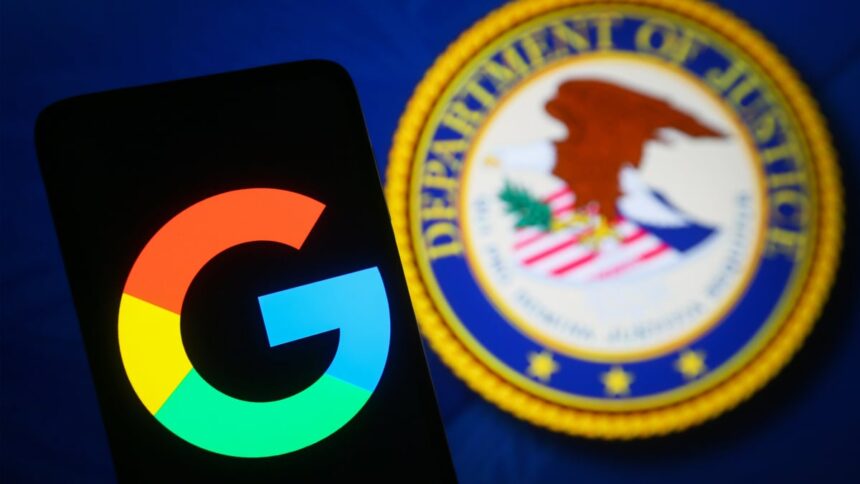“`html

Is a breakup on the horizon for Google? The tech behemoth might face this reality if the U.S. Department of Justice (DOJ) has its way.
This past summer, Google faced a significant setback in an antitrust lawsuit brought by the DOJ, with U.S. District Judge Amit Mehta labeling the company as a “monopolist.”
While no immediate consequences were determined at that time, both parties were instructed to propose solutions to address Google’s antitrust challenges.
Recently, the DOJ submitted its recommendations, prominently featuring a proposal to separate Google Chrome from Android.
The DOJ’s Push for Google’s Separation
The DOJ stated, “Plaintiffs are exploring both behavioral and structural remedies aimed at preventing Google from leveraging products like Chrome, Play Store, and Android to favor its own search services over competitors or new market entrants—this includes emerging technologies such as artificial intelligence.”
The filing references court findings indicating that Google’s dominance over Chrome—with Google Search set as default on Android devices—“significantly restricts distribution channels and discourages new competition.”
In addition to separating Chrome from Android, other measures have also been proposed by the DOJ.
A particularly impactful suggestion involves limiting Google’s agreements with third parties regarding its default search engine status; for instance, Apple has an arrangement where it designates Google Search as Safari’s default browser in exchange for approximately $20 billion annually.
The DOJ further recommends that Google should make available its search engine “indexes, data feeds, models,” etc., through an API to foster fair competition among rivals.
Moreover, restrictions are sought on how Google crawls third-party websites and utilizes their data for AI training while displaying external content in search results; websites should have an option to opt-out of this process according to the filing.
The recommendations also extend into Google’s advertising sector; it is suggested that more transparency be provided regarding ad placements while allowing ads independent of its core search product.
Google’s Response
In response to these proposals from the DOJ, Lee-Anne Mulholland—the Vice President of Regulatory Affairs at Google—issued a detailed statement.
“The sweeping nature of these proposals could adversely affect consumers and businesses alike,” Mulholland asserted in her blog post addressing these concerns directly.
A key point raised was about user privacy risks associated with sharing sensitive data with competitors: “Requiring us to disclose your searches could jeopardize your privacy,” she noted regarding suggestions made by the DOJ about sharing user data with rivals who may not uphold stringent security protocols like those employed by Google itself.
The DOJ acknowledged this concern but emphasized that user privacy must be balanced against preventing monopolistic practices within market dynamics rather than compromising individual security standards.
Mullholland also critiqued calls for splitting Chrome from Android as potentially confusing users while complicating matters for developers: “Such separation would alter business models significantly,” she explained further emphasizing potential cost increases across devices which could hinder competition against Apple’s ecosystem including iPhones and App Store offerings.”
A Look Ahead: What’s Next?
Mullholland echoed sentiments common within Silicon Valley concerning AI regulations stating they might stifle innovation rather than promote it effectively when discussing limitations on AI usage proposed by regulators.
So what can users anticipate moving forward? For now—nothing definitive is expected immediately; legal proceedings will unfold gradually before any substantial changes take effect within Google’s operational framework.
Source
“`






